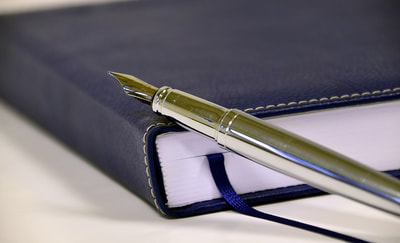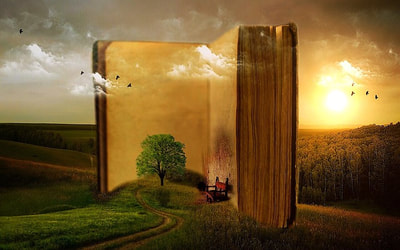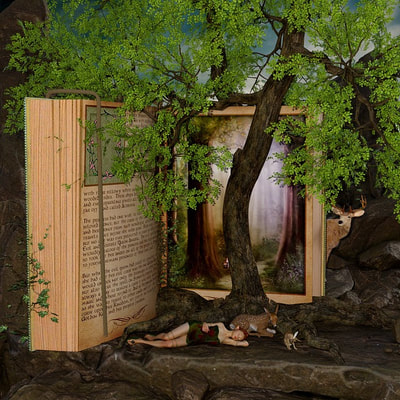The thought of judgement came up for this post partly as a result of Part 2 of my Chandler's Ford Today interview with Gill James. This does look at censorship, including the self-imposed variety, as we continue to discuss writing historical fiction and its joys and woes. (One great joy, which is also a woe, is being tempted to use all of that lovely research which was needed to write the book but, if it were included, would weigh said book down and put readers off with far too much information). I also talk more about this issue on my This World and Others site.
This question of judgement is a strange one for writers. In many ways we are the worst people to do it. Why? I think it fair to say most writers swing between thinking everything we write is total rubbish or, conversely, is a work of genius and not one word must be cut!
The truth, as with most things, is somewhere in the middle! Yes, you've got good work here but it does need at least one damned good edit to get rid of what your reader doesn't really need to know to enjoy and get the most out of the story/article. The judgement is in working out what is needed to be known and what isn't. This is where that phrase "never be afraid to kill your darlings" comes in. Everything has to be relevant to the story. Everything has to move it on in some way. Whatever is not doing either of those things (and ideally both) is what comes out.
I've also found I have to put work away for a while before being able to read it again with a less prejudiced eye. I try to read what I've written, after said suitable gap, as if I was the reader, as if I'd NOT written it and I ask myself questions as I go through the piece (mainly is this relevant? Do I need to know this? Would the story sag without this information etc etc? What do I make of the characters now I am reading their story in the cold light of day so to speak?).
It has taken me a while to realise I cannot judge my story or article immediately. I really must put it away for a bit but it does mean when I return to it, I can wear my editor's hat comfortably and get on with what I know needs to be done: getting rid of the rubbish I wrote in that first draft!




 RSS Feed
RSS Feed
